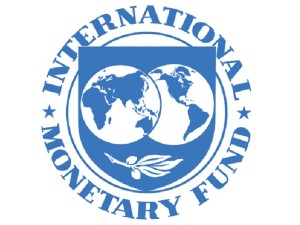IMF urges countries to cut energy subsidies

In a broad-reaching report, the IMF said subsidies of oil, petrol and electricity are aimed at helping consumers, but end up costing them as governments struggle to shoulder the cost burden.
Moreover, the study said, subsidies encourage energy waste, discourage investment in energy-efficient industries, and exacerbate pollution and global warming.
Worldwide the direct subsidies on energy — when consumers pay less than the basic supply costs — amounted to $480 billion worldwide in 2011, according to the IMF.
If post-tax subsidies are counted — when the prices do not cover such things like the negative impact on the environment — the government support worldwide measured $1.9 trillion.
Most of the subsidies are in oil exporters, where they contribute to speeded-up depletion of a natural resource.
But energy importers suffer especially as global oil and gas prices have risen over the past three years.
Many have not responded by adjusting domestic energy prices to match the increases — and so expanding the fiscal burden of subsidies, according to the report.
“In recent years, we have been hearing about countries that are finding that the fiscal weight of energy subsidies is growing too large to bear,” said IMF first deputy managing director David Lipton, in an address introducing the report in Washington.
“In some countries budget deficits are becoming unmanageable and threatening the stability of the economy.”
He said that countries that have offered subsidies to help struggling populations “now find they suffer both fiscal paralysis and energy shortages.”
Lipton said 20 countries in the world maintain subsidies that top five percent of their GDP.
Such subsidies “remain a stumbling block to higher growth by squeezing out much needed health, education and infrastructure spending,” he said.
But the report points out that, if post-tax subsidies are counted, the largest offenders are the United States, China and Russia — together their subsidies reach nearly $900 billion worth.
Cutting subsidies could have a significant impact in the fight against global warming, Lipton said.
“About 15-30 percent of a key global emissions reduction goal can be achieved just by stopping to encourage excessive energy use via pre-tax subsidies,” he said.
“And the gains from tackling post-tax subsidies would be even larger, as this would reduce CO2 emissions by 4.5 billion tons, a 13 percent reduction.”